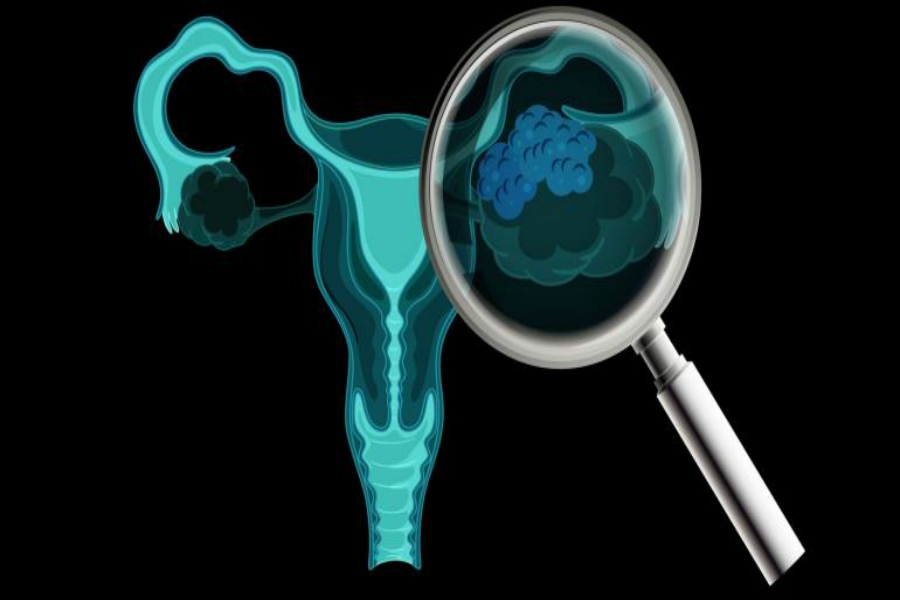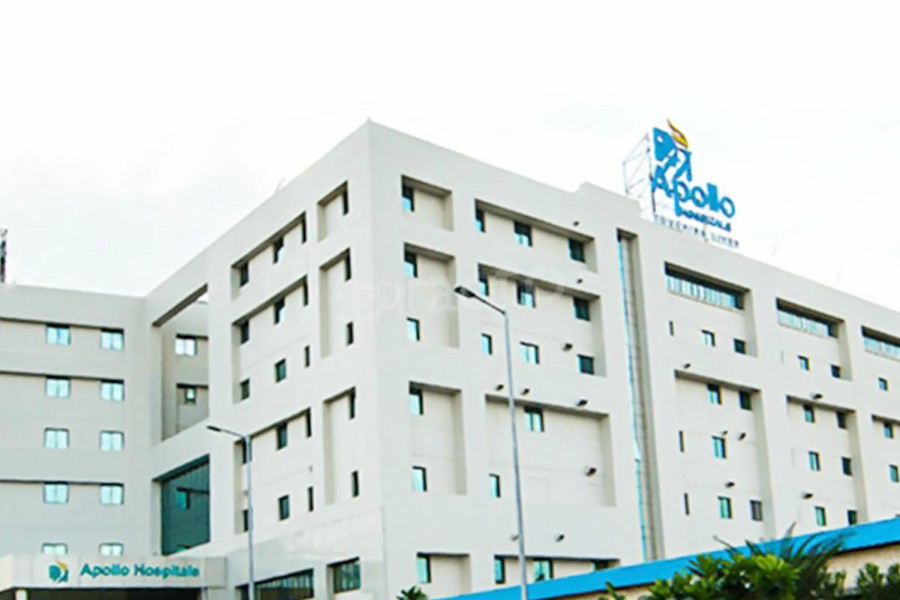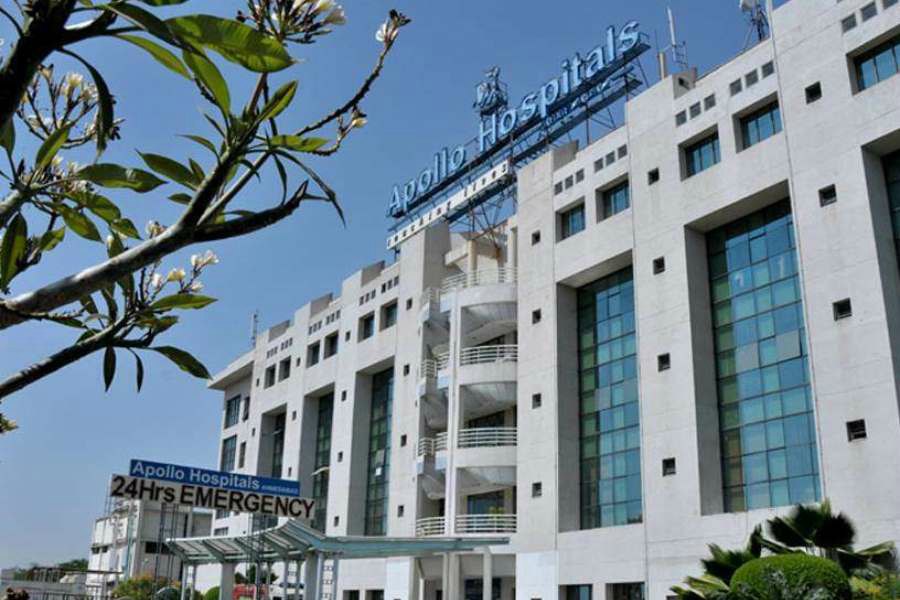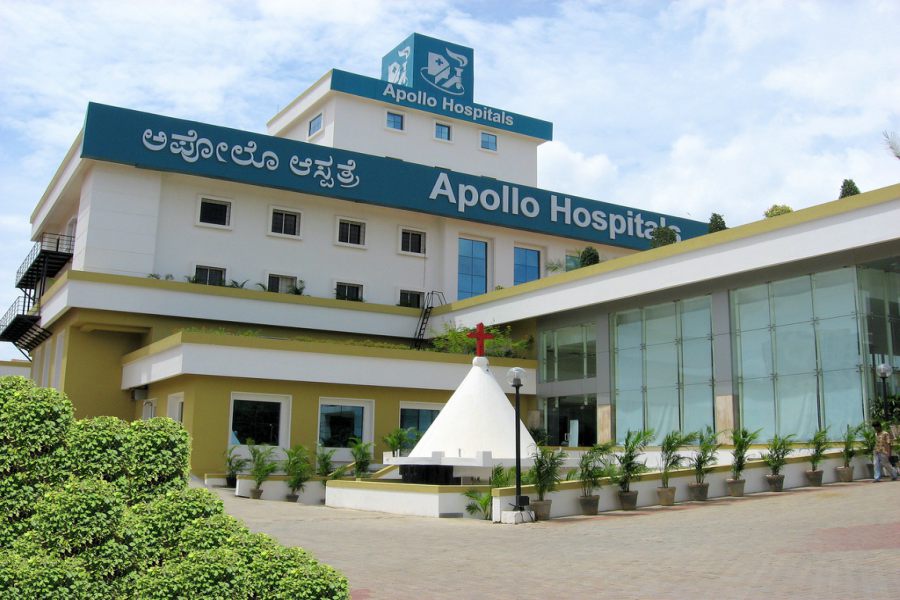
Overview
Ovarian cancer is a condition that occurs when the cells in the ovaries grow and divide abnormally. The mortality rate with ovarian cancer is more than other types of female reproductive cancers.
Stats suggest that the risk of mortality due to ovarian cancer is increasing day by day. Every year about 2,39,000 women are diagnosed with ovarian cancer, and about 1,52,000 die globally
Causes
In general, cancers occur when there is a sudden change in the DNA of the cells. These changes cause the cells to grow and divide abnormally without dying. Thus, it creates a mass of abnormal cells and invades into the nearby tissues and organs, thereby leading to cancers.
The cause of ovarian cancer remains unknown. However, scientists have identified certain factors that are linked to a higher risk of developing ovarian cancer. These factors include:
- Family history
- Age over 63 years
- Infertility
- Breast cancer
- Obesity
- Endometriosis
- Gynecologic surgery
SYMPTOMS
It is difficult to detect ovarian cancer during the early stage. Women with ovarian cancer do not experience any symptoms until the condition is in the advanced stage. However, ovarian cancer may commonly cause the following symptoms:
- Pelvic or abdominal pain
- Bloating
- Difficulty in eating or loss of appetite
- Indigestion
- Frequent urination
- Abnormal periods
- Pain during sexual intercourse
As the condition progress, the patient may experience nausea, weight loss, and shortness of breath.
Symptoms during cancer progression
During the early stages, the patient may have mild symptoms or no symptoms at all. When symptoms occur, the patient may initially experience stomach pain, fullness, and bloating. In later stages, when the cancer is spreading, the patient may have fatigue, weight loss, back pain, and pain during sex. As cancer begins to invade nearby organs, such as the liver or lungs, the patient may have symptoms related to these organs.
DIAGNOSIS
Diagnosing ovarian cancer as early as possible improves the chances of recovery. Once after reviewing the symptoms, medical history, medication history, social history, and family history, a pelvic examination is done.
- Pelvic examination: The doctor will insert a gloved and lubricated finger inside the vagina while using the other hand, to feel the abdomen. This test is performed to detect abnormalities in the ovaries.
- Once the cancer is diagnosed, the following tests are done:
- Laparoscopy: A small incision is made on the abdomen. Now, a laparoscope (a thin, long flexible tube with a small video camera) is inserted through the abdomen into the ovaries to check for any abnormalities. If any irregularities are noticed, then a sample of small tissue is collected and examined in the laboratory. This is called a biopsy.
- Blood test: A sample of blood is collected to determine tumour markers, especially CA-125. High levels of this protein indicate ovarian cancer.
- Imaging tests: An ultrasound, MRI, and CT scan of the ovaries and other parts of the body are done to determine the size, and extent of the tumours.
Staging: Ovarian cancer has four stages:
- Stage 1: Cancer is limited to either one or both ovaries
- Stage 2: Cancer has spread to the pelvis or the womb
- Stage 3: Cancer has spread to the lining of the abdomen and surrounding lymph nodes
- Stage 4: Cancer has reached to other parts of the body, such as the liver or lungs
RISK FACTORS
Post-surgical complications:
Common complications of surgery may include:
- Infection
- Vaginal bleeding
- Bladder or bowel problems
- Blood clots
- Swelling of legs
POST-OPERATIVE CARE
The following measures must be taken after the surgery:
- Avoid strenuous activity for at least 12 weeks
- Do not drive for a few weeks
- Avoid sex for at least six weeks
- Perform breathing exercises
- Manage stress
TREATMENT
Depending on the type, stage, and overall health condition of the patient, either a single or a combination of the treatment options given below is recommended:
Surgery: It is the primary treatment option for the removal of tumours. Depending on the stage of cancer, any of the following surgeries are done:
- Unilateral salpingo-oophorectomy: This procedure is done for treating early-stage cancer that has not spread beyond one ovary. In this procedure, the affected ovary, as well as its fallopian tubes, is removed.
- Bilateral salpingo-oophorectomy: This procedure is done if cancer is present in both the ovaries. It involves removal of both ovaries and both fallopian tubes.
- Total hysterectomy: This procedure is done if cancer has spread to the uterus. It involves removal of the uterus, the ovaries, the fallopian tubes, and the surrounding lymph nodes.
- Omentectomy: This procedure is done if cancer has spread to the abdominal tissues. It involves the removal of fatty abdominal tissue (omentum).
Chemotherapy: This therapy uses certain medicines to kill cancer cells. In ovarian cancer, chemotherapy is mostly given after surgery to kill the remaining cancer cells.
Radiotherapy: In this therapy, high-energy beam rays are used to destroy the cancer cells.
Targeted therapy: This therapy involves the usage of drugs or other substances to kill cancer cells. This is used to treat ovarian cancer that has recurred after initial treatment.
Duration of treatment
The duration of the ovarian cancer treatment may vary depending on the type and stage of cancer.
After surgical removal of tumor, chemotherapy is given in 3 to 6 cycles for at least 3 to 4 weeks. The duration of chemotherapy may vary based on the type and route of administration of the medicine used. Mostly, radiation therapy is given along with chemotherapy for five days in a week for several weeks until the tumour is destroyed.
FACTORS AFFECTING COST
The treatment cost depends upon:
- The kind of treatment opted for
- The types of surgery required and its associated anaesthesia
- The duration of chemotherapy and number of cycles
- Duration of radiotherapy
- Other problems in the patient


 Best Hospitals
Best Hospitals















